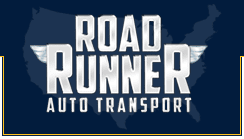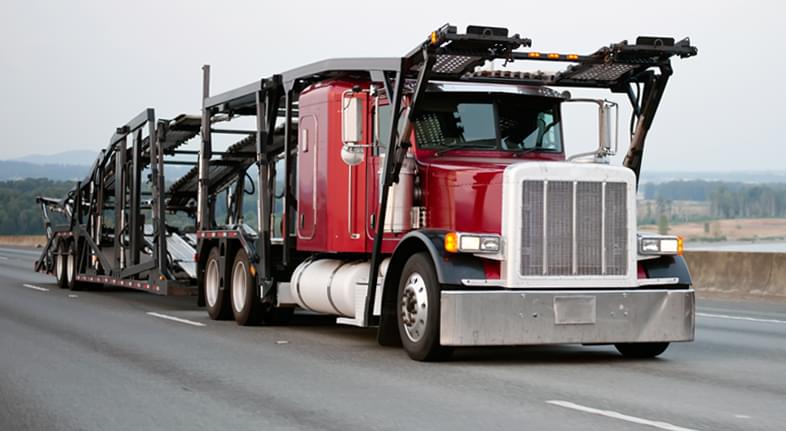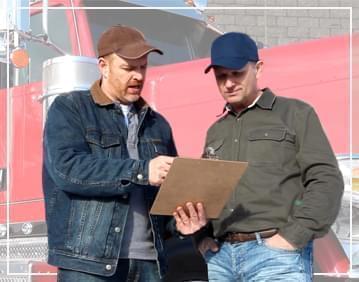
The trusted name in vehicle shipping for over 30 years!
- Track a Shipment
- Dealer Login
- Carrier Login
Speak with a shipping expert
(888) 777-2123


Frequently Asked Questions
Answers to the Most Common Car Shipping Questions

A Collection of Frequent Customer Questions
When you need to relocate a vehicle, you're most likely going to have a few questions about your shipment. There are many aspects involved in the vehicle shipping process and most new shippers ask similar questions.
Over the past 30 years, we've answered a lot of car shipping questions.
We've put together a collection of the most commonly asked questions to serve as helpful guide for your auto transport. Browse the FAQs below for some good-to-know answers and helpful tips.
Instant Car Shipping Quote
Calculate your car shipping rate in 3 easy steps!
We respect your privacy and do not distribute any personal information.

A Collection of Frequent Customer Questions
When you need to relocate a vehicle, you're most likely going to have a few questions about your shipment. There are many aspects involved in the vehicle shipping process and most new shippers ask similar questions.
Over the past 30 years, we've answered a lot of car shipping questions.
We've put together a collection of the most commonly asked questions to serve as helpful guide for your auto transport. Browse the FAQs below for some good-to-know answers and helpful tips.
Still have questions about shipping a car?
Visit some of our helpful pages to see how RoadRunner can simplify your vehicle transportation.





